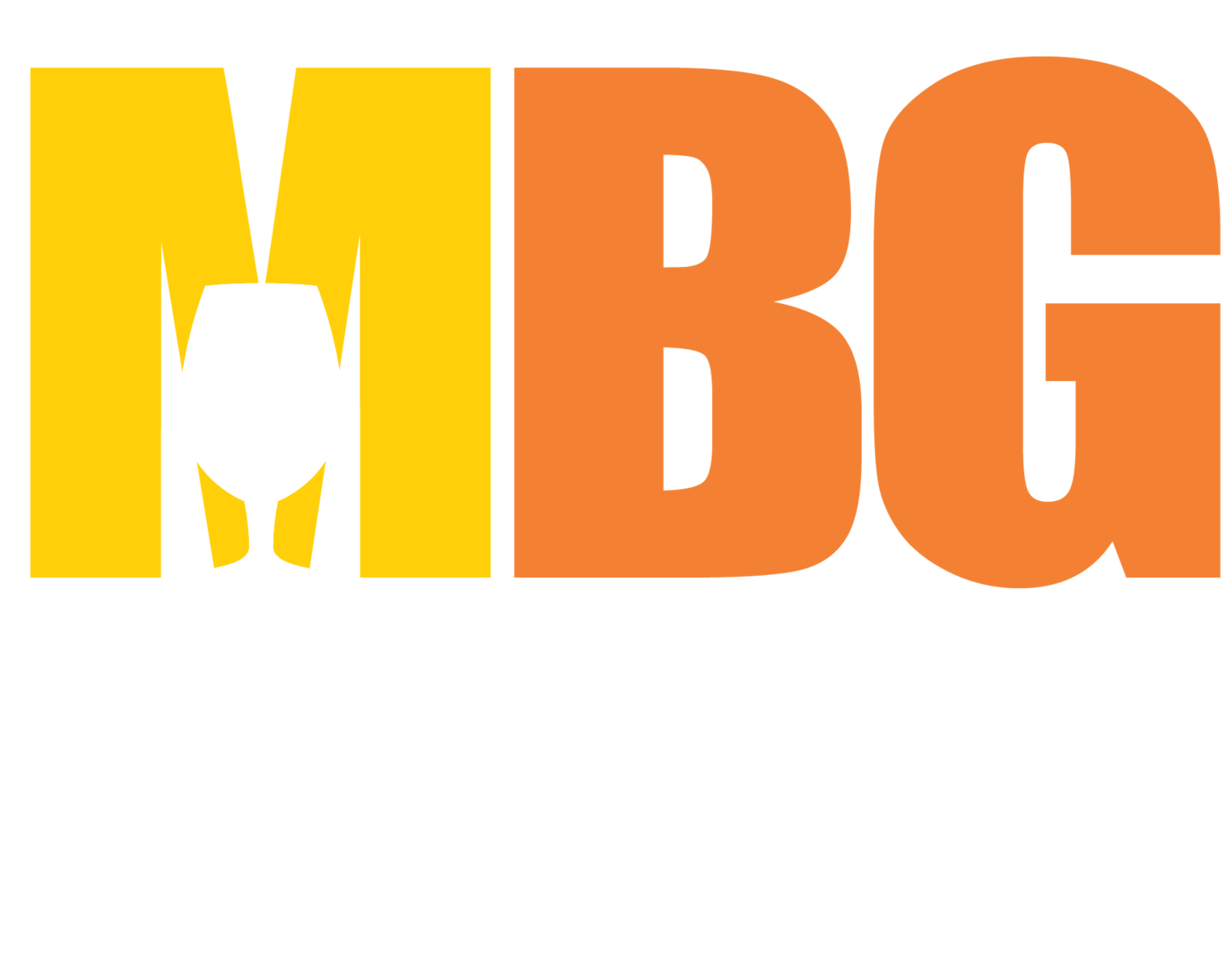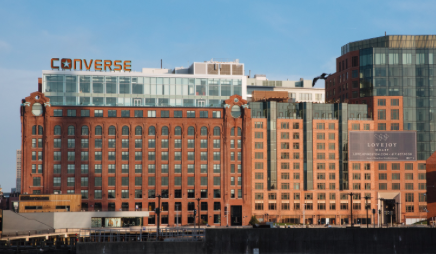On Monday, May 21 at Jack’s Abby Craft Lagers in Framingham, the Mass Brewers Guild (MBG) will host its inaugural Mass Brewers Technical Brewing & Business Conference. The day-long series of workshops and lectures will be held from 8 a.m. to 6 p.m. and focus on learning best practices from industry experts and creating meaningful connections with peers.
It is the mission of the MBG to ensure that the brewing community is armed with the knowledge and skills it needs to remain successful, independent, small businesses that continue to stimulate the economy, revitalize downtown communities and employ locals. The two-track event will focus on quality and technical brewing and business and marketing practices.
The MBG is the state’s nonprofit organization that works to protect and promote the interests of craft brewers across the Commonwealth. Proceeds from ticket sales will provide critical funds to aid in the MBG’s government affairs efforts and help to provide marketing tools and resources to its member brewers.
Tickets are $125 for MBG Member Brewers and Associate Members, and $175 for non-members. All are welcome.
This event is made possible thanks to leading sponsor Bernstein Shur, and supporting sponsors, Acadia Insurance, Alpha Chemical, Amoretti, Bowditch Attorneys, Crosby Hop Farm, DrinkTanks, Econocorp, Fat Basset Design, Four Star Farms, GHM Insurance, Jack’s Abby Craft Lagers, MetroWest Visitors Bureau, New England Label and Pestex.
To purchase tickets, visit mbgcon2018.eventbrite.com.For questions or more information about this event, contact Katie Stinchon at katie@massbrewersguild.org. To Learn more about the Mass Brewers Guild, visit MassBrewersGuild.org.
The Program:
Registration, Breakfast & Vendor Exhibition
8 to 9 a.m.
President Welcome
Rob Burns, co-founder of Night Shift
9 to 9:10 a.m.
Keynote Address -- “Quality: A Complete Picture”
Neil Witte – Quality Ambassador, Brewers Association
9:10 to 10:15 a.m.
The talk is an examination of what quality means to today's brewer, the brewery and the industry as a whole. Quality programs are explored through the lens of the vast array of resources available from the Brewers Association, while at the same time encouraging Brewers to expand their understanding of what constitutes a quality program.
Morning Breakout Sessions 1
10:30 to 11:30 a.m.
Business -- “Telling Your Story & Working with the Media”
In today’s ever-changing media cycle, and with 154 breweries in Massachusetts, it’s tough to insert your brewery news into the news. Hear from local journalists, Dan Adams from the Boston Globe, Jackie Cain from Boston Magazine, Norman Miller, the Beer Nut from Wicked Local Publications and Andrea Shea from WBUR, on what they like to cover and the best way to make headlines. Moderated by, Katie Stinchon, executive director of the Mass Brewers Guild.
Technical -- “Yeast Handling: Getting the Most from Your Culture”
Learn from quality control experts; Zach Boda from Allagash, Jaime Schier from Harpoon Brewery, Kate Steblenko from Jack's Abby, and Merritt Waldron from Rising Tide, on various fermentation-related topics and how to troubleshoot fermentation issues related to yeast-handling practices. Moderated by, Chris Sellers from The People’s Pint.
Morning Breakout Sessions 2
11:45 a.m. to 12:45 p.m.
Business -- “Social Media Best Practices and a Beer Photography 101”
Engaging with craft beer fans on social media can be one of the most effective ways to humanize your business, get to know your audience, drive event attendance and create brand loyalty. In this session we’ll discuss how to effectively and efficiently use social media to drive business results. Learn best practices from Rachel Poor, president of Thread Communications, Digital Strategist and Marketing Consultant, coupled with a beer photography workshop on how to create thumb-stopping content offered by Kelsey Roth from Exhibit ‘A’ Brewing.
Technical -- "Break out the #BASustySledge and Break Down Your Barriers to Brewery Sustainability"
What’s stopping you from gaining a deeper understanding of your brewery, better controlling your operational costs, minimizing your environmental footprint, and further supporting our community of craft brewers? Ian Hughes, Sustainability Ambassador at the Brewers Association, will show you how to smash through those barriers using a suite of free and awesome Brewers Association resources, lovingly referred to as the BA Sustainability Sledgehammer!
Luncheon & Vendor Exhibition
1 to 2 p.m.
Afternoon Breakout Sessions 1
2:15 to 3:15 p.m.
Business -- “Two Lawyers and an Insurance Agent Walk into a Brewery”
In this panel discussion, three industry experts will share their “Top Ten List,” of questions brewery ownersshouldbe asking to protect their business, employees, intellectual property and lower risk. John Moran, lawyer from Bernstein Shur, James Sanborn, an insurance agent from GHM and Bob Young, a partner at Bowditch Attorneys, will answer all your questions without the meter running. Moderated by Rob Burns, MBG President and co-founder of Night Shift Brewing.
Technical -– “Hop Selection and Working with Suppliers”
Hop farmers, suppliers, and brewers will come together to talk about industry trends, negotiating contracts, and how to best work with our supply chain partners. Industry pros, Liz L’Etoile, co-owner of Four Star Farms, Blake Crosby, CEO & President of Crosby Hop Farm, Judy Nadeau, sales manager at BSG, and Matthew Steinberg, co-founder of Exhibit ‘A’ Brewing Co., will take part in this discussion and take questions from attendees. Moderated by Jeremy Cross, Battle Road Beer Co.
Afternoon Breakout Sessions 2
3:30 to 4:30 p.m.
Business -- “Finding Funding to Grow & Thrive”
Whether your brewery is in start-up mode or is well established and producing award-winning ales, pilsners or lagers, chances are at some point your business will need financing to purchase equipment or hire staff. Kelly Arvidson, VP, Business and Economic Development at MassDevelopment Erik Adams Sr. Vice President, Director of Marketing and Lending at Bay Colony Development, and Keith Sullivan, co-founder of Medusa Brewing Co., will talk about the different ways that breweries can acquire the funds they need to grow. Moderated by, Sam Hendler, MBG Treasurer and co-founder of Jack's Abby Craft Lagers.
Technical -- “The Flavor Leadership Criteria for Beer and How to Measure It.”
Roy Desrochers will deliver an interactive lecture on the basics of sensory analysis, beer flavor evaluation, and what is important to beer drinkers using the Flavor Leadership Criteria. The session will include a tasting component to review terminology including basic tastes, aromatics, mouthfeels, order of appearance, balance, fullness, and aftertaste. This will be followed by the evaluation of several spiked beers while presenting the detail and importance of the Flavor Leadership criteria and its application to developing and maintaining successful products.
Happy Hour, Networking & Vendor Exhibition
4:45 p.m. to 6 p.m.




















